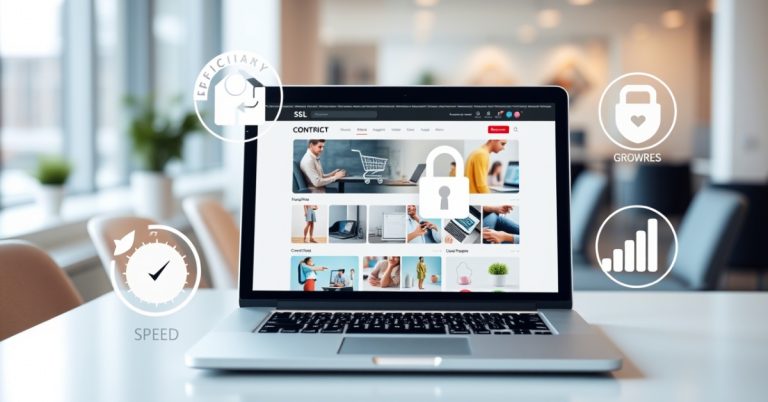Whois or Whoisn’t? Understanding the Current State of Domain Ownership Lookup
Whois or Whoisn’t? Understanding the Current State of Domain Ownership Lookup
Determining the owner of a domain name used to be straightforward. The creators of the Domain Name System (DNS) introduced a service called Whois, designed as a directory for website administrators. This service was essential for resolving technical issues and ensuring transparency on the web.
However, the landscape of Whois has drastically changed in recent years. While it’s now harder to contact domain owners, there are still methods available. Let’s explore what led to the decline of public Whois information, how it impacts domain ownership inquiries, and the options for getting in touch with domain owners.
The Evolution and Decline of Public Whois
For decades, Whois functioned as an accessible directory displaying contact details like phone numbers, addresses, email addresses, and even fax numbers. It aimed to facilitate communication with domain owners or administrators in case of issues. Unfortunately, several challenges emerged over time, leading to significant changes.
1. Abuse of Public Whois Data
The open nature of Whois data led to widespread misuse. Spammers harvested contact information to send unsolicited offers for services such as web design, logo creation, and more. Additionally, public access to sensitive information posed risks like identity theft. To combat this, domain registrars began offering privacy protection services to hide this data from public view.
2. Privacy Regulations Take Center Stage
The introduction of global and regional privacy laws further accelerated the shift toward protecting domain owner information. Key regulations include:
- General Data Protection Regulation (GDPR): Enacted by the European Union in 2018, GDPR mandates strict data privacy protocols. Although it applies primarily to EU citizens, many registrars extended GDPR compliance globally, redacting personal contact details from Whois records.
- California Consumer Privacy Act (CCPA): This U.S. regulation empowers consumers to understand how their data is collected and used, influencing how tech companies manage personal information.
Such regulations have driven registrars to prioritize privacy by default, offering Whois privacy services automatically with eligible domain registrations.
Domains Without Privacy Options
Certain domain extensions, like .US (regulated by the U.S. government), prohibit Whois privacy. Domain owners must weigh these restrictions when selecting extensions.
How to Contact a Domain Owner Today
Despite the decline of public Whois data, there are effective ways to connect with domain owners for legitimate purposes, such as inquiries about purchasing a domain.
For Domain Owners: Ensuring Accessibility
If you own domains you wish to sell or want to make yourself reachable, consider these strategies:
- Create a Landing Page: Redirect your domain to a webpage with a simple contact form. This ensures prospective buyers or collaborators can reach you easily.
- Opt-In to Public Whois: Some registrars allow you to display your contact details publicly. Be prepared for potential spam if you choose this option.
For Prospective Buyers or Contacts: Reaching Out
If you’re trying to contact a domain owner:
- Email Forwarding Services: Many registrars provide anonymized email addresses in Whois records that forward legitimate inquiries to the domain owner.
- Registrar Contact Forms: Some registrars include a contact form on their Whois pages, enabling secure communication.
- Historical Whois Records: Services like DomainTools and DomainIQ offer access to archived Whois data, which may reveal past contact details. Note that these are often paid services.
The Privacy-First Web: Balancing Anonymity and Accessibility
The shift toward privacy-first policies in the domain space has brought both benefits and challenges. On one hand, it shields domain owners from spam and potential identity theft. On the other, it complicates legitimate efforts to connect with them.
As privacy regulations evolve, it’s crucial for domain owners and interested parties to adapt. By leveraging available tools and understanding the nuances of Whois privacy, you can navigate this new era of domain ownership transparency effectively.
Stay informed about changes in policy and best practices to ensure you’re equipped to manage or inquire about domains responsibly.







